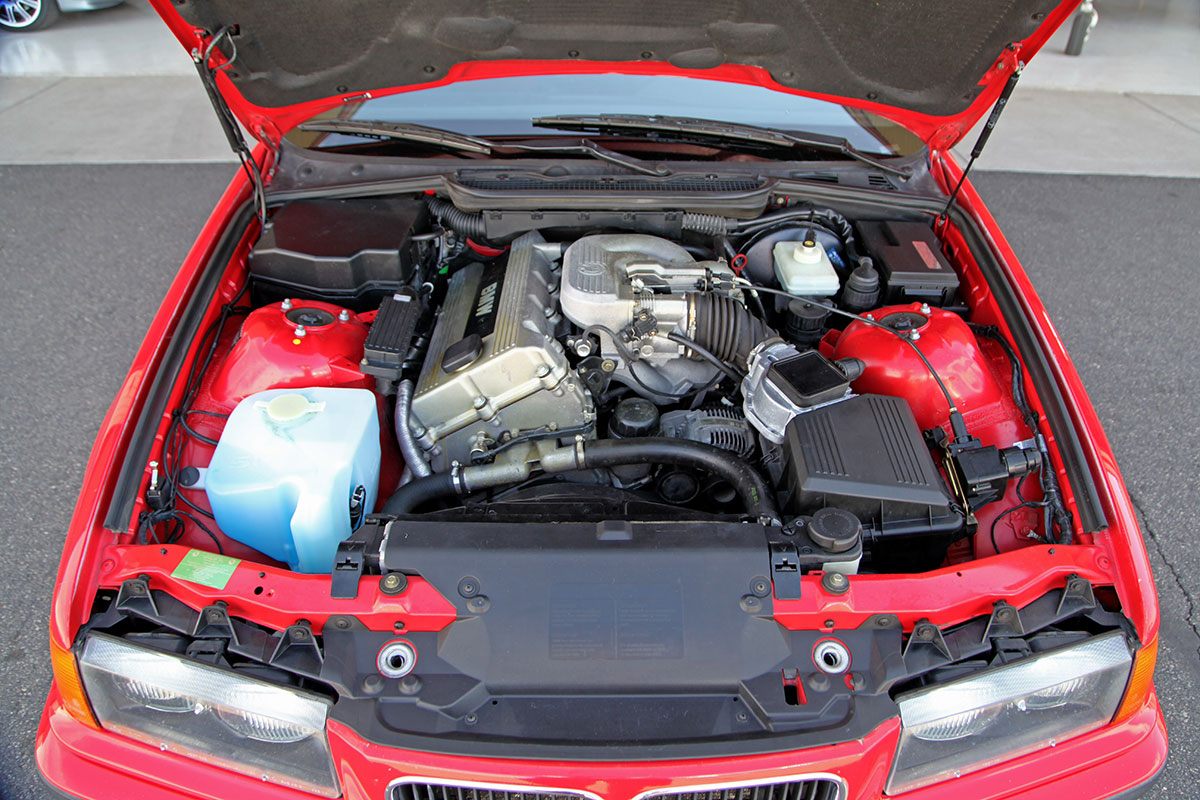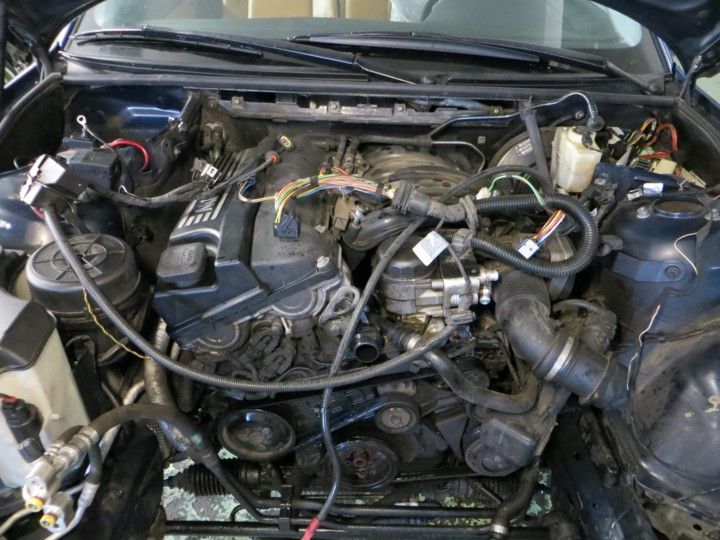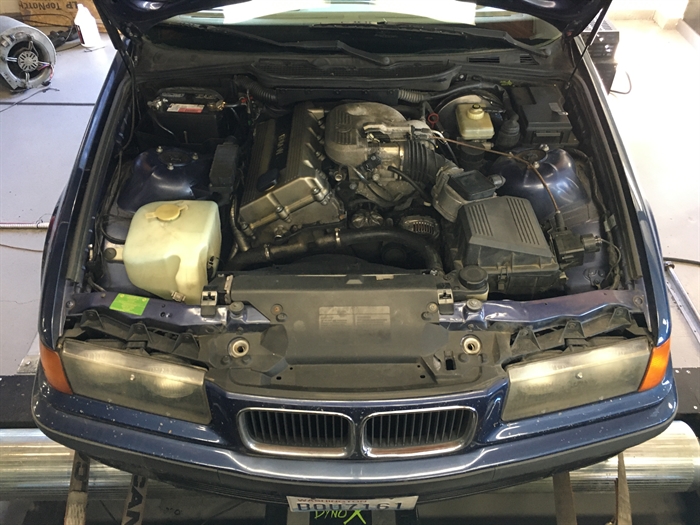Important Considerations for Picking the very best Engine for Your Demands
In the world of selecting the perfect engine to meet your demands, numerous critical variables need careful factor to consider to guarantee ideal efficiency and performance. From the nuanced equilibrium between power and efficiency to the often-overlooked elements of maintenance and solution demands, each aspect plays a pivotal role in establishing the most suitable engine for your certain requirements.
Power and Efficiency
When reviewing engines for optimum performance, it is critical to focus on both power output and efficiency. Efficiency refers to exactly how well the engine converts gas into functional energy. By thoroughly examining both power and efficiency, you can pick an engine that supplies optimal performance and satisfies your demands efficiently.
Gas Efficiency and Economic Climate
Gas efficiency refers to the engine's capacity to transform gas into power with very little waste, directly affecting operating prices and environmental sustainability. Engines with greater gas effectiveness not just lower gas costs but additionally lower carbon emissions, contributing to a greener operation.

Compatibility and Application
Thinking about the fuel efficiency and economic climate of an engine, the following crucial aspect to address is its compatibility and application within particular functional contexts. Compatibility refers to just how well the engine integrates with the general system or equipment it powers.
In addition, the application of the engine is equally vital. Various engines are designed for certain objectives, whether it be industrial equipment, aquatic vessels, automobiles, or power generators. Recognizing the desired application allows for the selection of an engine that can deliver the necessary power result, torque, and functional attributes. As an example, a high-revving engine created for performance automobiles would not be appropriate for sturdy construction equipment that needs high torque at reduced rates.
Maintenance and Service Demands
Upkeep and service needs play a critical duty in ensuring the longevity and ideal efficiency of an engine. Normal upkeep is vital to stop malfunctions, expand the lifespan of the engine, and keep its performance. When choosing an engine, it is very important to consider the maker's advised maintenance routine and the accessibility of service centers or certified service technicians.
Aspects such as the frequency of oil modifications, filter substitutes, his explanation and total examinations can dramatically influence the engine's performance. Some engines might call for even more frequent maintenance based on their style and use, while others might have longer periods between upkeep checks. It is crucial to stick to these solution requirements to stay clear of expensive repair services and unanticipated downtime.

Expense and Spending Plan Considerations
Budget plan restraints usually play a substantial role in the decision-making procedure when selecting an engine for a specific application. When taking into consideration the expense and spending plan effects of choosing an engine, it is vital to evaluate not just the initial acquisition cost however also the lasting expenditures connected with upkeep, gas intake, and prospective upgrades or repair services. It is critical to strike a balance between the ahead of time expense of the engine and its total lifecycle prices to ensure that the chosen engine continues to be economically lasting throughout its operational lifespan.
Elements such as fuel reliability, performance, and sturdiness you can find out more can straight influence the overall price of ownership of an engine. While a much more expensive engine may have greater upfront costs, it can potentially lead to reduced upkeep and fuel expenses with time, thus using much better worth in the long run. Furthermore, taking into consideration the schedule and price of extra components, along with the simplicity of upkeep and service, can help stop unexpected economic strain in the future. By carefully reviewing these expense and spending plan factors to consider, you can make an informed choice that aligns with your financial restraints and functional needs.
Final Thought

Fuel performance refers to the engine's capability to convert fuel into power with very little waste, straight affecting operating prices and environmental sustainability.Elements affecting fuel efficiency consist of engine design, burning efficiency, and general efficiency optimization. In addition, selecting the ideal fuel type and grade as suggested by the engine producer can additionally boost efficiency and lengthen engine life-span.
Engines with good serviceability attributes and easily offered parts can decrease upkeep costs and lessen the time the engine is out of operation - bmw 318ti. It is critical to strike a balance between the in advance cost of the engine and its general lifecycle prices to make sure that the selected engine stays monetarily sustainable throughout its operational life expectancy
Comments on “BMW 318ti: Efficiency Specifications and Characteristics Explained”